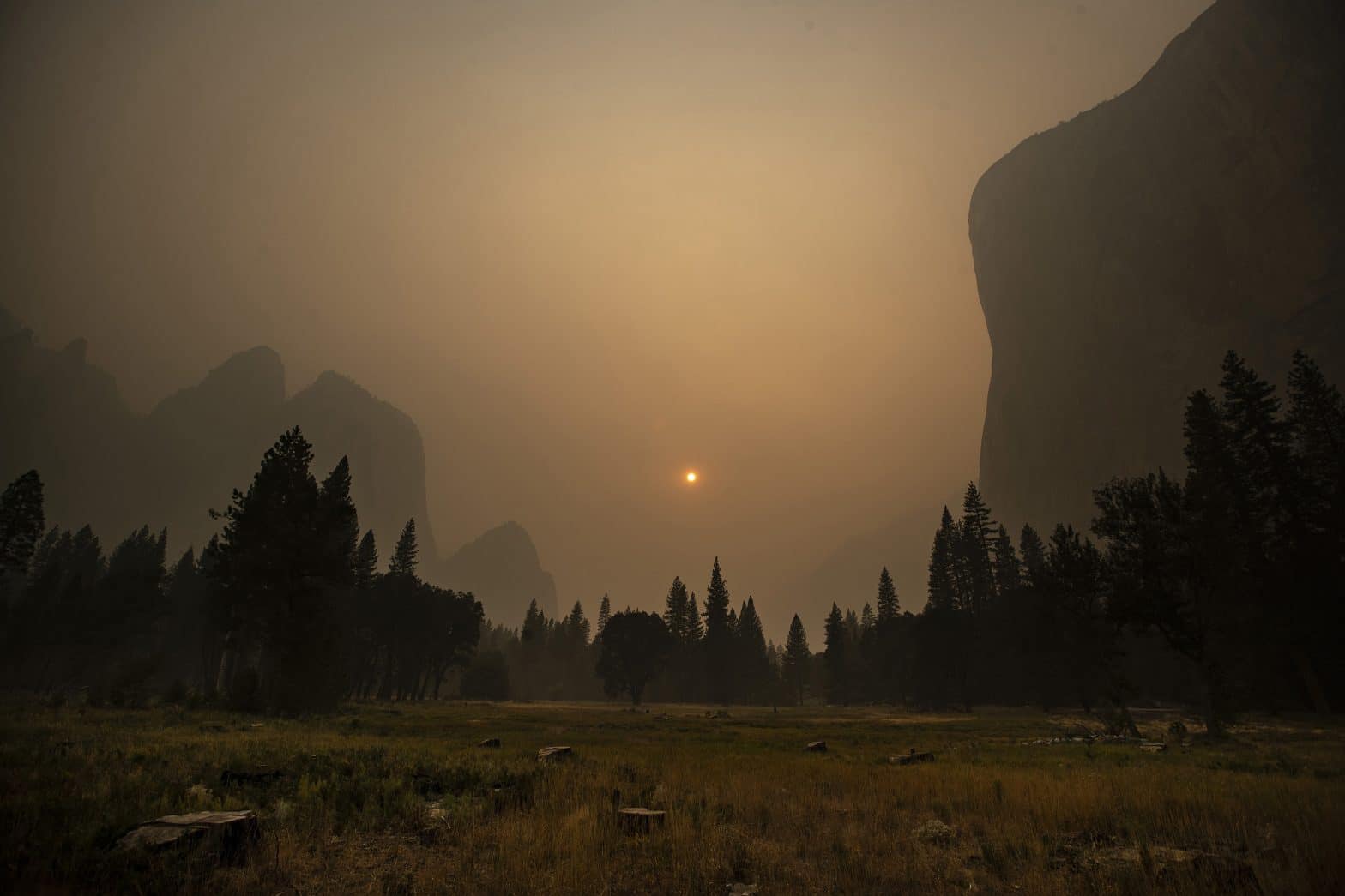We Give a Damn Too Late
COMMENTARY

LOS ANGELES – We gave a damn too late.
Sometimes, I think that will be the legacy of this generation. Or maybe I’m just tired of seeing people walking around without masks as if a pandemic had not taken almost 200,000 American lives. Then again, it could just be the smoke.
On a normal morning, the sky here is a metallic gray. Today, it is a queasy yellow. The sun is blurry and the air smells faintly like a backyard barbecue.
The Golden State is burning, dozens of wildfires charring its forests, darkening its skies. One fire, burning north of San Francisco, is being called the largest in California history. The previous record holder was just two years ago.
We have come here, my wife and I, for a family funeral. We drove because we didn’t want to end up wedged in an airline seat next to some MAGA hat-wearing COVID denier who thinks being required to wear a mask infringes her civil rights. But we could have saved ourselves the trouble, because from a restaurant in Missouri to a gas station in Arizona, maskless faces are unavoidable all across America. Indeed, some shoot dirty looks when you walk by with your face covered.
I can’t help thinking of all the times I’ve seen people like this on the news, sickened, chastened, weakened and warning their fellow deniers that, as one put it, “COVID is no joke.” And I always wonder: why was it necessary for them to learn that the hard way? Why did they give a damn too late?
Many observers, myself included, have invoked the stoic sacrifices of the World War II generation as sharp contrast to the whiny petulance so prominent in COVID-era America. Our grandparents went without sugar, gasoline and meat for four years, we say, whereas these crybabies are blubbering because they are asked to mask.
The comparison is meant to point up our modern selfishness, our inability to pull together. But it occurs to me that that misses an important nuance. After all, there was selfishness in the 1940s, too, as attested by a thriving black market that allowed some people to evade rationing. The more telling difference is that nobody in that era had to be convinced the war was real. So the issue is not simply degrees of selfishness, but of ignorance, the willingness to deny – to actively reject – empirical fact.
Which brings us back to the fire. Experts trace this siege to hotter, drier conditions caused by climate change. Yet, after ignoring the crisis for weeks, there was climate denier-in-chief Donald Trump visiting the state Monday and blaming the disaster on improper forest management. Which is a reprise of 2018, when he mused on the need to rake our forests.
Climate change activists have been warning for years about bigger natural disasters and more extreme weather. Now we are there. A freak summer snowstorm blankets Denver, a huge chunk of the arctic ice shelf breaks off Greenland, a record-setting hurricane season has storms pummeling the Americas like a boxer working a speed bag, Cali is burning and yet, where is any sense of urgency? Of national mission?
We give a damn too late.
That’s because Americans live strung between reality and its alternative, where magical thinking is common and facts-denial the law. Now the bill comes due, payable in currency of ashes and fevers, blackened homes, congested lungs, and death. And the payments have only just begun. You wait and hope for those who’ve moved to reality’s alternative to return home. But even if they do, so much damage is already done.
Sometimes, when you give a damn too late, it’s the same as not giving a damn at all.
—
© 2020 MIAMI HERALD























